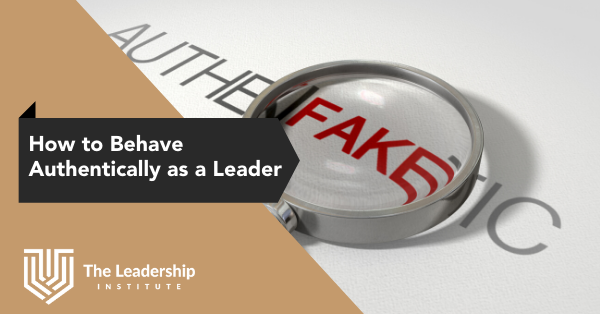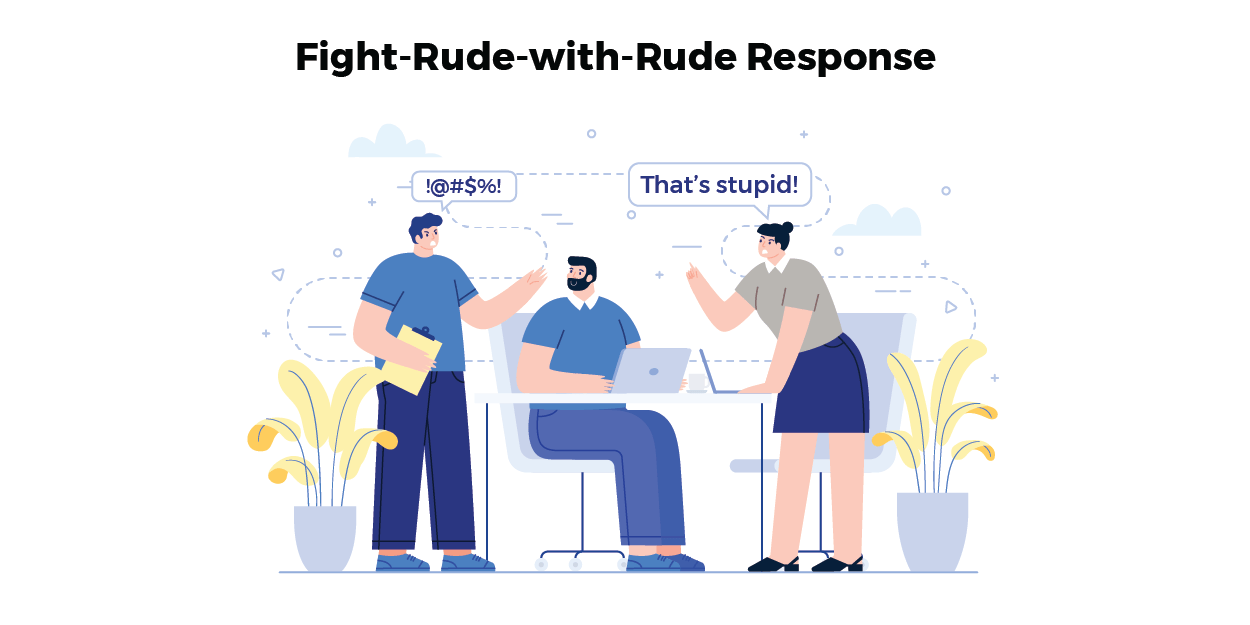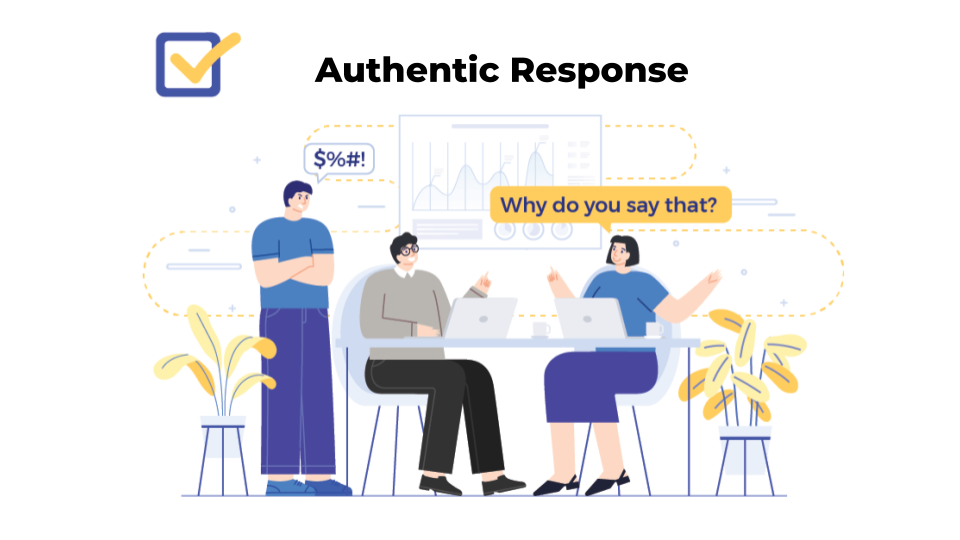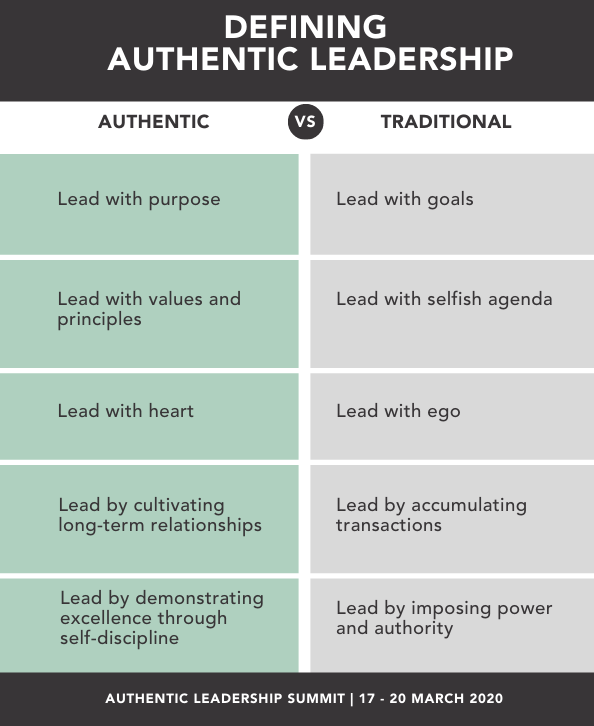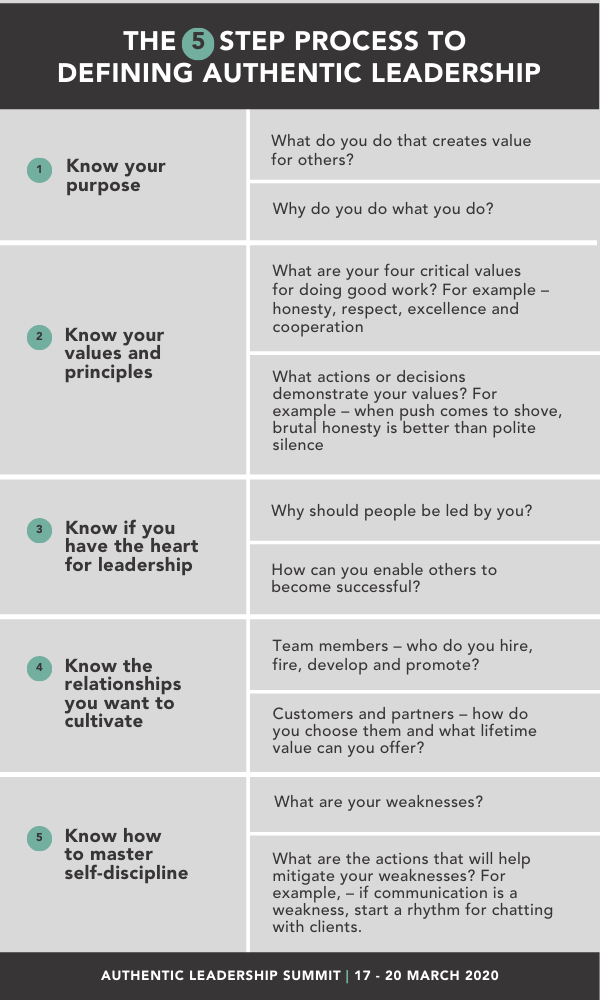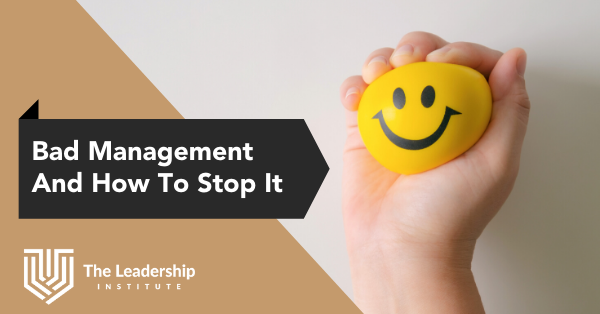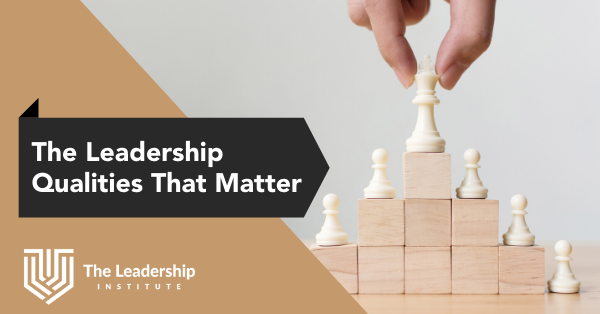Everyone wants to be a great leader and do great things, and assertiveness and a key component of the recipe.
Being an assertive leader can lead you to great places, landing promotions and producing real results for a business, as well as personal and team growth. Most importantly, Assertive leaders in the workplace command the respect of the people around them, direct reports and superiors.
Assertiveness can often be mistaken for dominance or aggression, but the definition of assertive is actual confidence.
Assertive (adj) Someone behaves confidently and is not frightened to say what they want or believe.
The key difference between assertiveness and aggression is the constructiveness of the action. If there is resentment or manipulation for personal agenda, that is when a manager crosses into aggression instead of assertiveness. Avoid this!
When a manager is assertive, everyone knows what is expected of them and understands the consequences of failing to perform. Your team will be able to identify and appreciate what you stand for; they can trust that you will speak your mind, assessing problems against your own and your company’s values.
The value of a manager who is assertive is that everyone recognises what they should be delivering and what they will get in return.
Here are my top tips on how to be an assertive leader in your organisation:
- Communication – An assertive manner will know and communicate with everyone, not just those that are loud or boisterous, or whose personalities they like or get along with, but everyone they are responsible for. Make sure communication is clear and unambiguous, as well as your expectations.
- Judgement – Reserve reactions and judgements to situations, including those that become heated for when you have taken the time to assess your response. Your response should be clear and in line with your values and it will not be a rash reaction to emotion.
- Adhere to your value structure – An assertive manager will adhere to what they believe and radiate their authenticity. In any given situation, your people will have a good idea on how you will react, because your value set has been clear and your actions reflective of them.
- Give feedback – Always give positive and negative feedback clearly and regularly so that it is clear and constructive.
- Build relationships and maintain them – An assertive leader will build and maintain strong relationships internally and externally and know how to exert influence without aggression.
Employees are happier, more comfortable, and more productive when they feel like they know their leaders, and that their leaders have the best interests of all of their stakeholders at heart. This is achieved when leaders act as their true selves at work, and you can learn all about how to do this at our upcoming Authentic Leadership Summit from 17-20 March. Tickets are available here.
